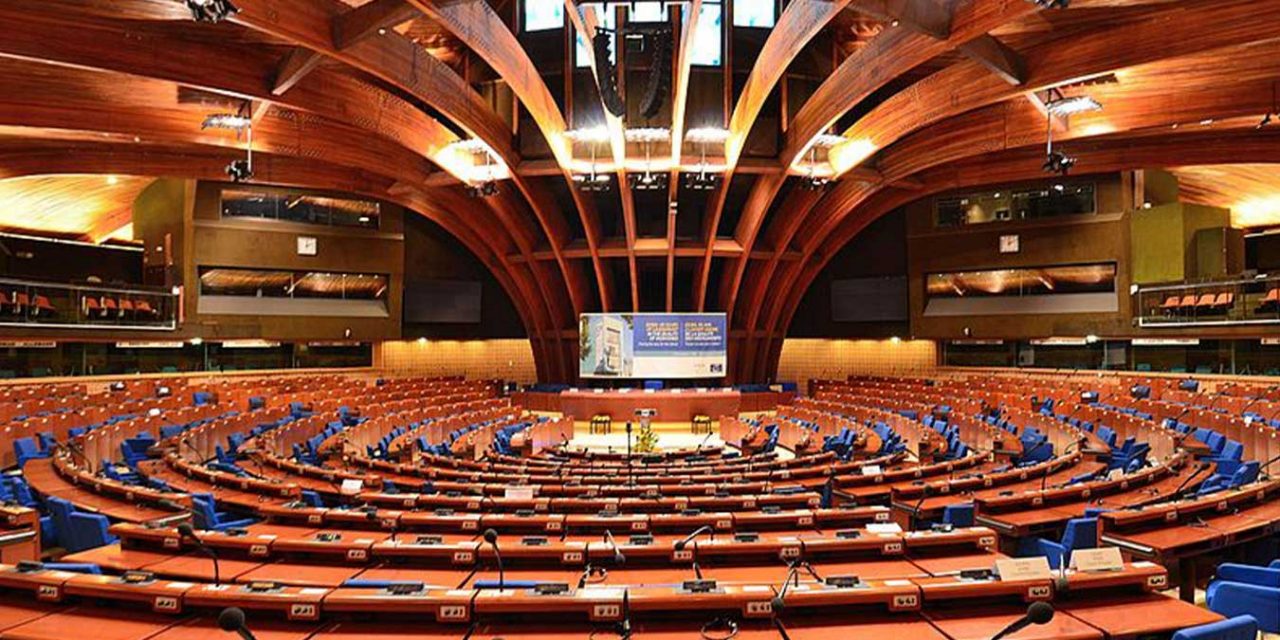Ukraine Outraged by Decision Ukraine was outraged at the decision and its delegation walked out of the assembly in protest after Russian MPs were allowed back in and recalled its ambassador to the council for consultations. Volodymyr Groysman, the Ukrainian Prime Minister, tweeted that the decision showed “a display of utter contempt for international law”. Ukrainian delegates to the council had argued that readmitting Russia would be viewed as a weakness in Moscow and would be essentially giving a nod that Russia can do what it likes in Ukraine. But practical considerations may also have played their part. Since 2017 Russia has suspended its annual payments to the body. Moscow paid in USD$35.2m a year, which had left a considerable hole in the council’s budget, amounting to 7% of contributions. The Kremlin took a more nuanced approach to the decision. “This is not a diplomatic victory of Moscow. This is a victory of common sense,” said Dmitry Peskov, President Putin’s press secretary.
A Victory for Ordinary Russians
But the most likely winners will be the Russian people. Human Rights advocates were concerned that if Russia left the council for good, then ordinary Russians could lose their right to appeal abuses from Russia’s police and legal system to the European Court of Human Rights (ECHR). The ECHR acts as a deterrent to more flagrant abuses by Russian law enforcement bodies and orders Russia to pay millions of euros every year to its citizens in compensation. “It’s very important for the whole law enforcement system. The judgments really can make a difference. It would be a huge loss for us and for Russians not to be able to use this system anymore,” Natalia Taubina, a veteran human rights activist and director of the Public Verdict Foundation, a Russian NGO that fights human rights abuses by Russian law enforcement bodies, said in April. Since 1996, 2,500 judgements have been delivered to Russia by the ECHR and in 2017 alone the Russian state paid more than 14.5 million euros in compensation to its citizens who had won cases against it.]]>- Why is California So at Risk from Wildfires? - 13th November 2019
- Carbon Offsetting is Growing but Does it Make a Difference? - 11th November 2019
- Three Confirmed Dead as Australia Prepares for “Catastrophic” Bushfires - 11th November 2019






